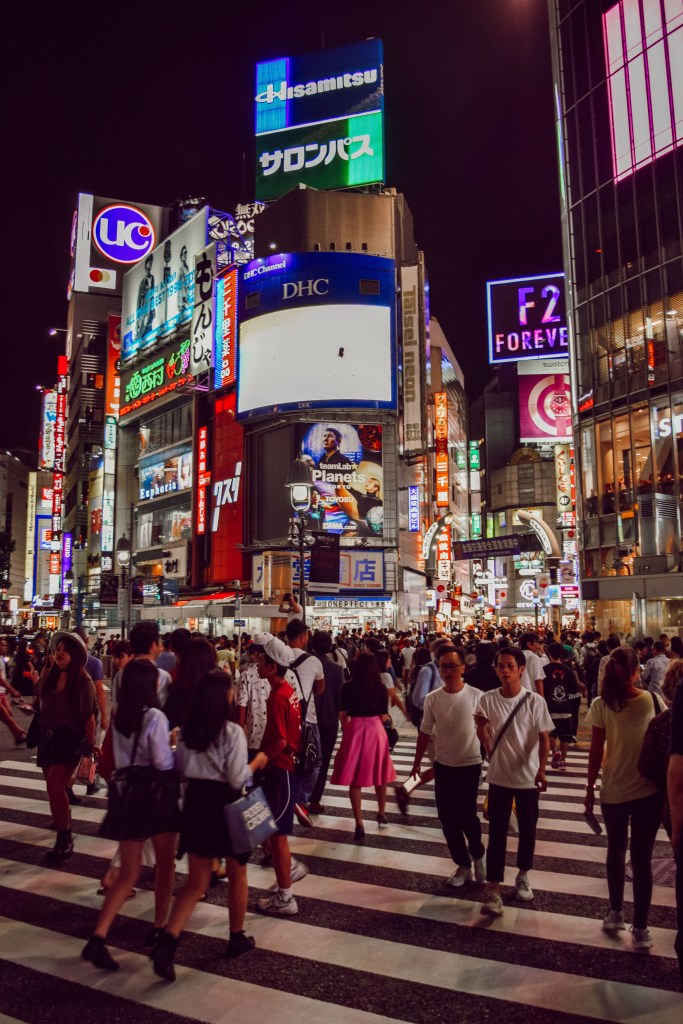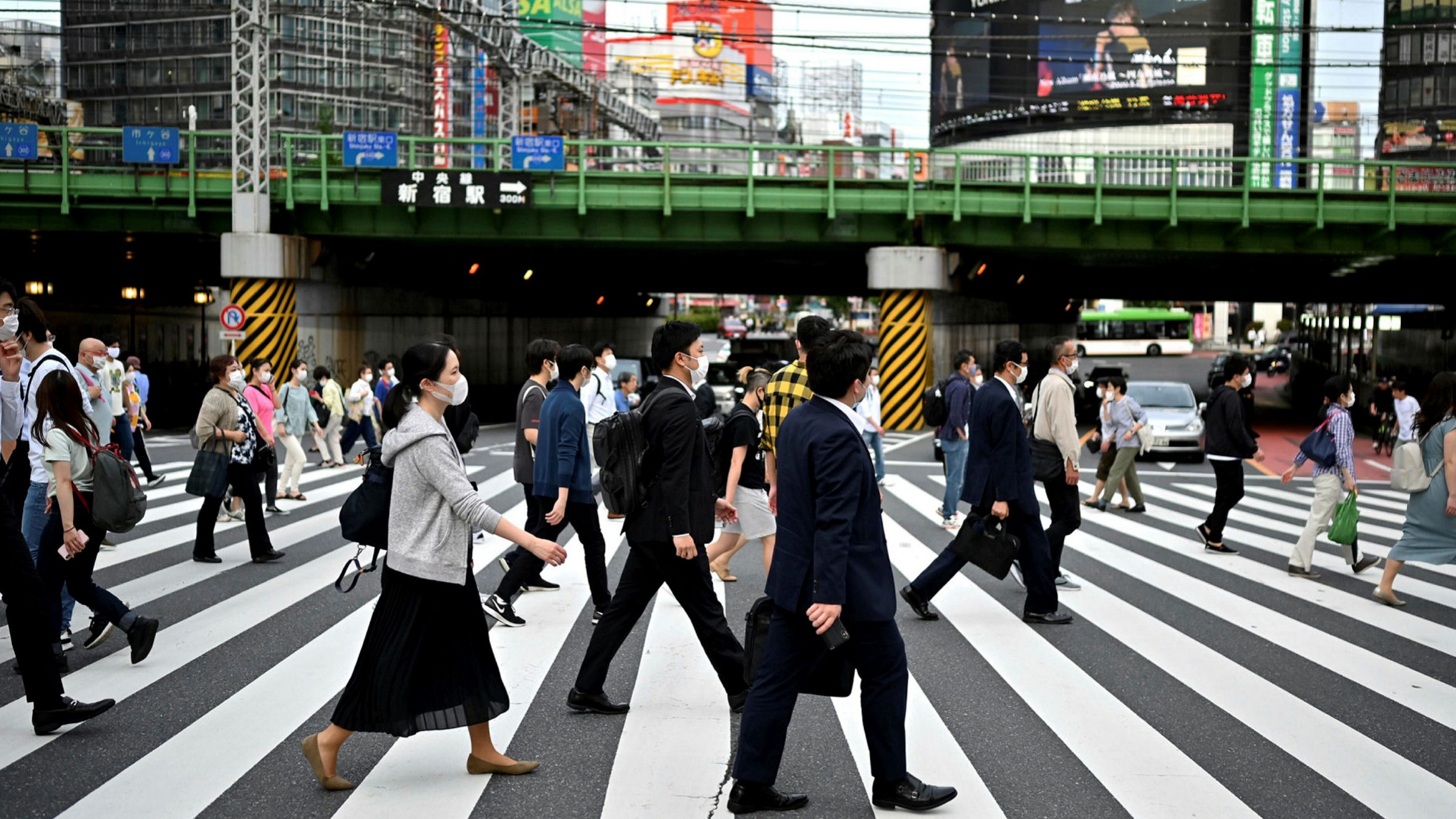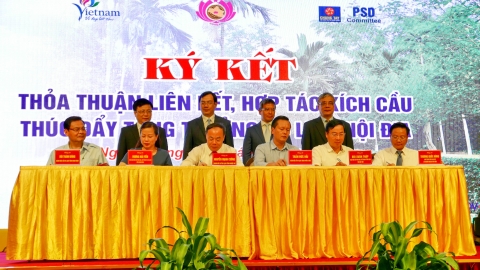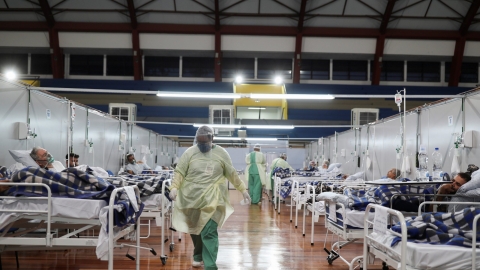Priority will be given to personnel serving business and production activities. However, Vietnamese citizens entering Japan in the coming period will need to pay attention to stricter new conditions such as a certificate of a negative SARS-CoV-2 test result.
During a House budget committee meeting on June 10th, Japanese Foreign Minister Motegi Toshimitsu explained that Japan would ease immigration regulations, prioritizing personnel essential for business and production, followed by students, and finally tourists. Japan is currently actively cooperating with four partner countries: Thailand, Vietnam, Australia, and New Zealand.
According to Japanese government officials, Japan advocates for reciprocity with its partner countries, specifically requiring those wishing to enter Japan to submit a certificate of negative SARS-CoV-2 test results (PCR test), a travel plan within Japan, and visa application documents to the Japanese Embassy in their respective partner countries. Upon arrival in Japan, they will undergo a second SARS-CoV-2 test and refrain from using public transportation for 14 days. A third SARS-CoV-2 test will be conducted before leaving Japan.
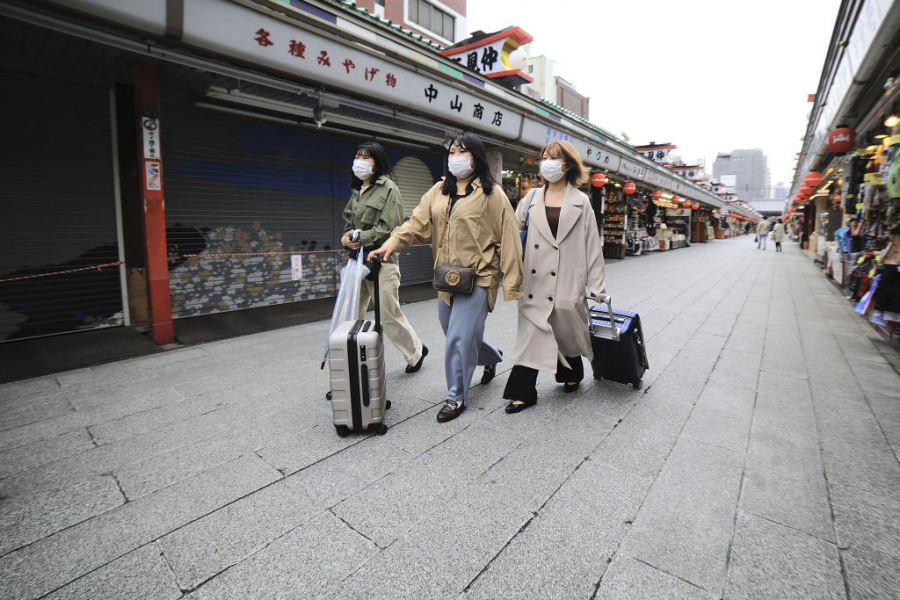
Japan is considering easing its entry ban for travelers from four countries: Vietnam, Thailand, Australia, and New Zealand.
Earlier, the Japanese Ministry of Foreign Affairs also confirmed bilateral telephone conversations between the Japanese and Australian foreign ministers on June 5 regarding cooperation in easing immigration regulations.
According to Japanese epidemiologists, allowing two airlines to enter the country each day would increase the risk of a resurgence of the epidemic to 58%, while allowing ten airlines would increase the risk to nearly 99%. Therefore, the Japanese government is being very cautious about easing entry and exit restrictions.

 VI
VI EN
EN



